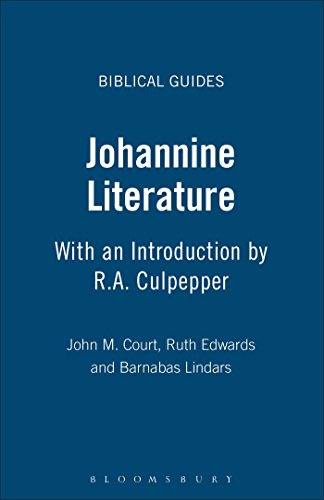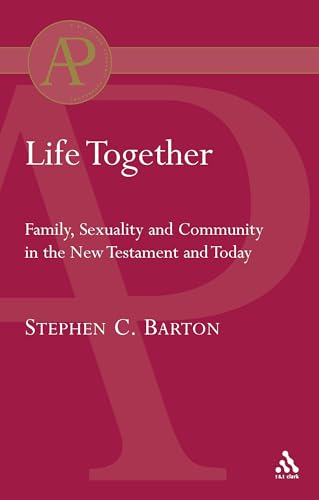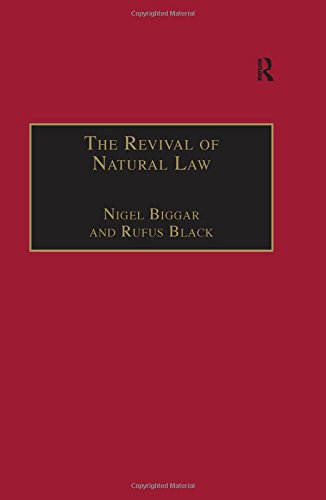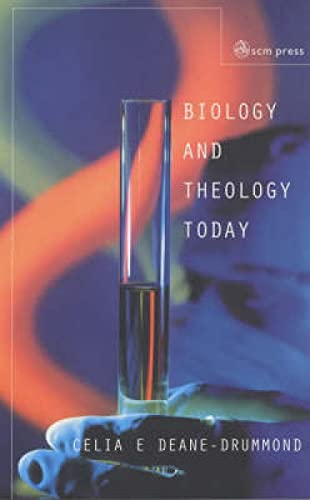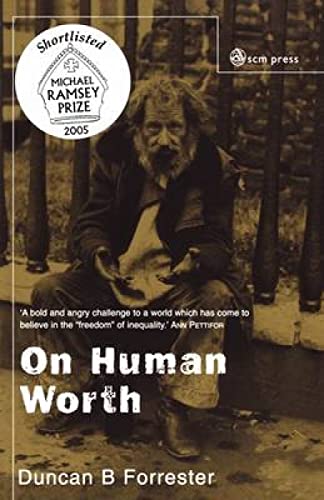The Oxford Companion to Christian Thought
Written by Adrian Hastings, Alistair Mason and Hugh Pyper (eds.) Reviewed By Peter HicksSpecialist dictionaries like this one are a godsend to students. Experts sum up in comparatively few words the most significant things they need to know about a given subject, giving an introductory overview, and potentially removing the need to spend hours ploughing through full length books on the topics. ‘Benedictine thought’ in 1200 words, ‘ethics’ in 1800, ‘joy’ in 1000, ‘New Age’ in 800, and ‘sacrament’ in 2400! And at the end of each article a book list, right up to date and generally pretty full. What more could you ask for?
Perhaps a few book tokens from Auntie Maud, since there’s no paperback edition and the price is high. But maybe it’s not so bad when you view it as less than 7p an article.
That sounds good if you’re going to use all the 600 articles. But what are the chances that the articles you want will be included in this volume?
On the whole, pretty good. All the obvious ones are there; the expert team of editors and contributors has made sure of that; but, of course, not everything’s there. And some things have been lumped together and so don’t get an article to themselves, and have to be hunted down with the help of the very full index.
So, for example, Taizé, Teilhard de Chardin, William Temple, Paul Tillich, and so on, all get an article to themselves, while Frederick Temple, Alfred Lord Tennyson, Tertullian, Theodore of Mopsuestia, and the like, get mentioned in the index, generally with multiple cross references.
I confess I thought this unfair to Tertullian. But in any dictionary like this the editors have to adopt some policy in order to limit the number of articles. Their policy has been to:
- major on ideas rather than on historical facts.
- provide major overview articles on the development of Christian thought through the centuries.
- provide a series of articles on regional and denominational theologies, and on key themes in theology, philosophy and ethics.
- limit the articles on strictly biblical material to issues of major significance.
- strictly limit the number of articles on individuals, except for twentieth century thinkers.
It’s for this reason that Tertullian doesn’t get a section to himself, but is consigned to the index. But there he gets no less than 40 cross-references. Not all of them work, however. The first I tried was ‘Latin theology’, but that article assumed Latin theology started in 300 and so ignored Tertullian. The cross-referenced article ‘Pre-Constantinian thought’ was more helpful, however, and gave him some 500 words.
The list of contributors is impressive in terms of scholarship, and covers a wide theological range, representing denominations from Orthodox to Quaker, and theological positions from evangelical to agnostic. My feeling is that evangelicals are somewhat underrepresented, but they are certainly there, and it’s especially good to see someone like Kwame Bediako of Ghana included.
The introduction claims that the academic level of the articles is introductory and ‘accessible’. Many of them are, provided the reader is willing to think and read the material with care. The number of times the writers get a little too technical for comfort is, mercifully, limited.
This book won’t answer all your questions or write all your essays. But, along with parallel dictionaries it’s well worth consulting, and even worth the investment of those book tokens from Auntie Maud.
Peter Hicks
London Bible College



